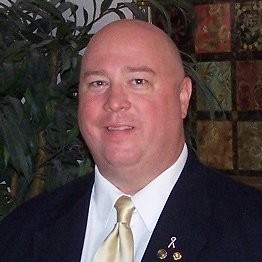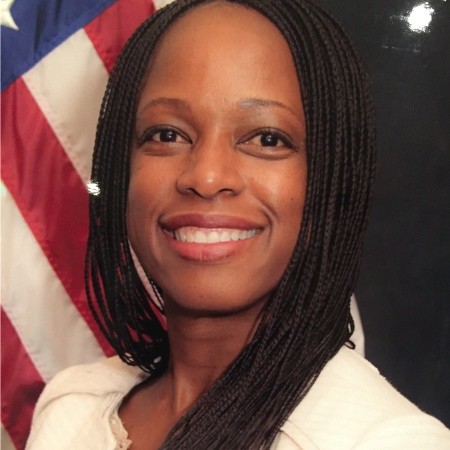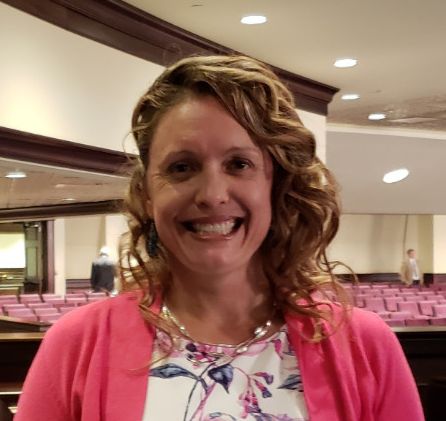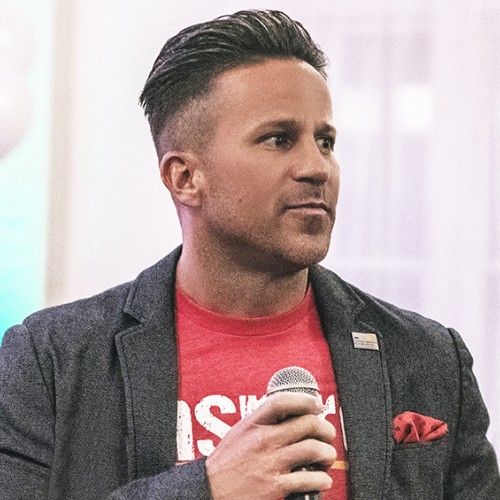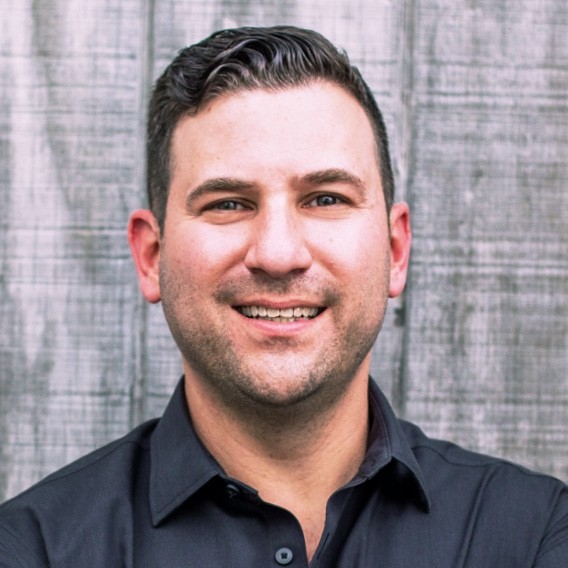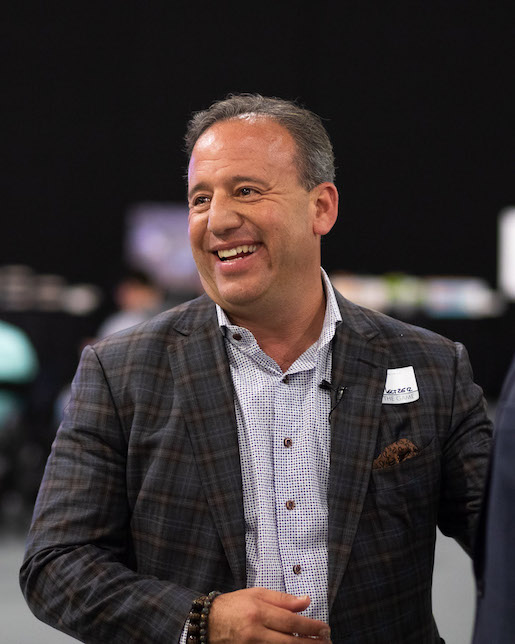The marketing team is frustrating the engineering team which is frustrating the sales team which is frustrating the customer service team which is frustrating the accounting team…and all of these frustrations frustrate the executive team.
Maybe frustrated is too strong of a word…but the current meeting structure between teams is not working as great as you would like.
You might have thought about the idea of implementing a mentor program to help increase connectivity between teams but thought to yourself “We are growing too quickly and don’t have the time to implement a mentor program.”
This article serves to challenge that notion.
A man was hired to cut down trees. On the first day he cut down 6 trees. On the second day he cut down 5 trees. On the third day he cut down 4 trees. By the end of the week, he was only cutting down one tree per day. He went to his boss and said “I don’t know what is going on with me! I must be getting weaker.” His boss replied, “When was the last time you took the time to sharpen your axe?” The man was confused. He responded “I don’t have time to sharpen my axe. I need to spend my time cutting down trees.”
Implementing a mentor program at your company, especially if it is growing at a fast pace, is like sharpening your axe.
When a new employee doesn’t build a strong bond with another employee within the first month of starting their role, their likelihood of being retained past 1 year and having a high level of engagement diminishes significantly.
This relationship is NOT the relationship they have with their direct supervisor.
Why?
Because the relationship between a supervisor and direct report is one of expectation. Both parties have expectations for each other. When two people have expectations for each other, the likelihood for vulnerability between those two people diminishes substantially. When there is no vulnerability, there is no trust. When there is no trust, oxytocin can’t form in our brains and when oxytocin can’t form in our brains, we don’t receive the happiness we feel when we are surrounded by those that we do have oxytocin with.
The point: the bonds that cause people to stay at a company beyond 1 year and be highly engaged at work need to form outside of their boss to direct report relationship.
It can be with somebody within their own department, but for this article, we will focus on the benefits of matching people together for mentorship across departments and how people with different backgrounds can increase their engagement, productivity, and collaboration at work.
People build strong bonds with each other for mentorship when their Work Orientations align. Work Orientation is the measure of what motivates us at work. Some people are job oriented, some people are career oriented and some people are calling oriented.
There is a 400% increase in the likelihood of facilitating successful mentor relationships when Work Orientation is aligned.
The reason is because people inherently try to empathize with others when they are in a mentoring relationship. But, when 2 peoples Work Orientations are not aligned, the advice, questions, and insight will not be received in the way the other expects or wants to hear. For example, an issue a career oriented person might face is feeling like they aren’t learning new skills. A job oriented mentor might ask, in their attempt to be empathetic, “Are you getting paid well? Are you getting enough time off? Is your work stressing you out?” The career oriented person might answer yes to the first two questions and no to the last question but still feel unfulfilled because their problem isn’t with pay, time off, or work stress, it is with the lack of opportunities to learn new skills, an issue that might not be considered an issue for a job oriented mentor.
This is just an example, but in this, both people are left feeling unfulfilled from that mentor experience.
When Work Orientation is aligned, peoples attempts at empathy are more well-received and both parties feel greater connectedness to each other.
What makes Work Orientation so unique is that this measure goes beyond status within the company, years of experience, or area of skill or expertise.
What this means is that people can be matched together across departments, years of experience, or status within the company while still having a high likelihood of having a successful mentor relationship.
In fact, this type of mentorship does an amazing job of creating collaborations between teams. It is difficult for the marketing team to understand what the engineering team is going through which is difficult to understand what the sales team is going through which is difficult to understand what the customer service team is going through (and so on so forth throughout your company).
By creating mentor bonds between people across departments, you are able to foster relationships that don’t have expectations. This leads to empathy and vulnerability which leads to trust, which leads to oxytocin which leads to greater levels of engagement and collaboration at work. When somebody on the engineering team complains about the marketing team, an engineer who is in a mentoring relationship with somebody on the marketing team can squash that issue and convey what the marketing team is going through as opposed to letting that complaint fester and grow deeper into the minds of the engineers.






















